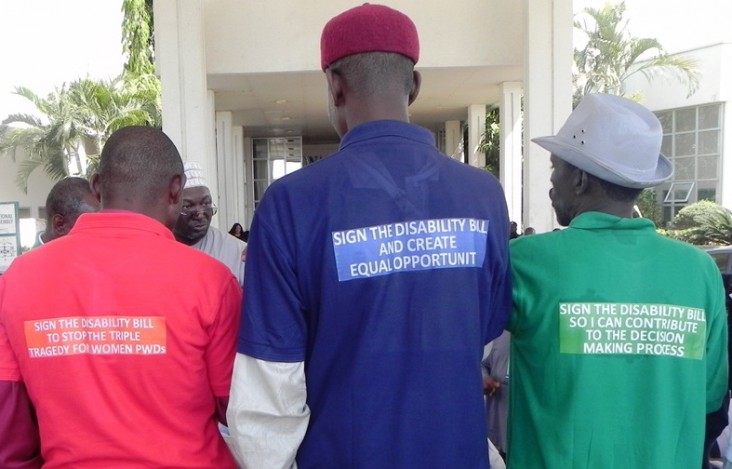Speeches Shim

There are roadblocks to a strong democracy in Nigeria at all levels of government. Conflict—triggered by political competition and communal, ethnic, religious or resource allocation rivalries—poses a major threat to democracy. Corruption pervades the daily lives of Nigerians. Many government institutions do not adequately engage with citizens or the private sector and lack the capacity to carry out their mandates. Further, civil society lacks both the capacity and the resources to effectively engage with government and advocate for change.
Civil Society and Media
Although elites dominate the political structure, civil society organizations are becoming a voice for democratic reform. Their efforts to push for inclusive governance have been successful in many ways, but they lack the capacity and resources to carry out their functions fully. USAID works directly with a diverse representation of Nigerian civil society and media organizations, building their internal management capacity and strengthening their ability to engage with the government on issues of fiscal accountability, budget monitoring and transparency within extractive industries.
Elections
In 2011, Nigerians participated in what were arguably the most credible and transparent elections since the country’s independence. USAID capitalized on this positive momentum to improve elections by supporting the organizational development of political parties and the independence of the electoral commission, and by increasing civil society input into electoral and constitutional reform dialogue. In 2015, the Independent National Electoral Commission working with civil society organizations-which ran parallel vote tabulations-Nigeria helped usher in the first peaceful, democratic transition of power between two parties.


Comment
Make a general inquiry or suggest an improvement.